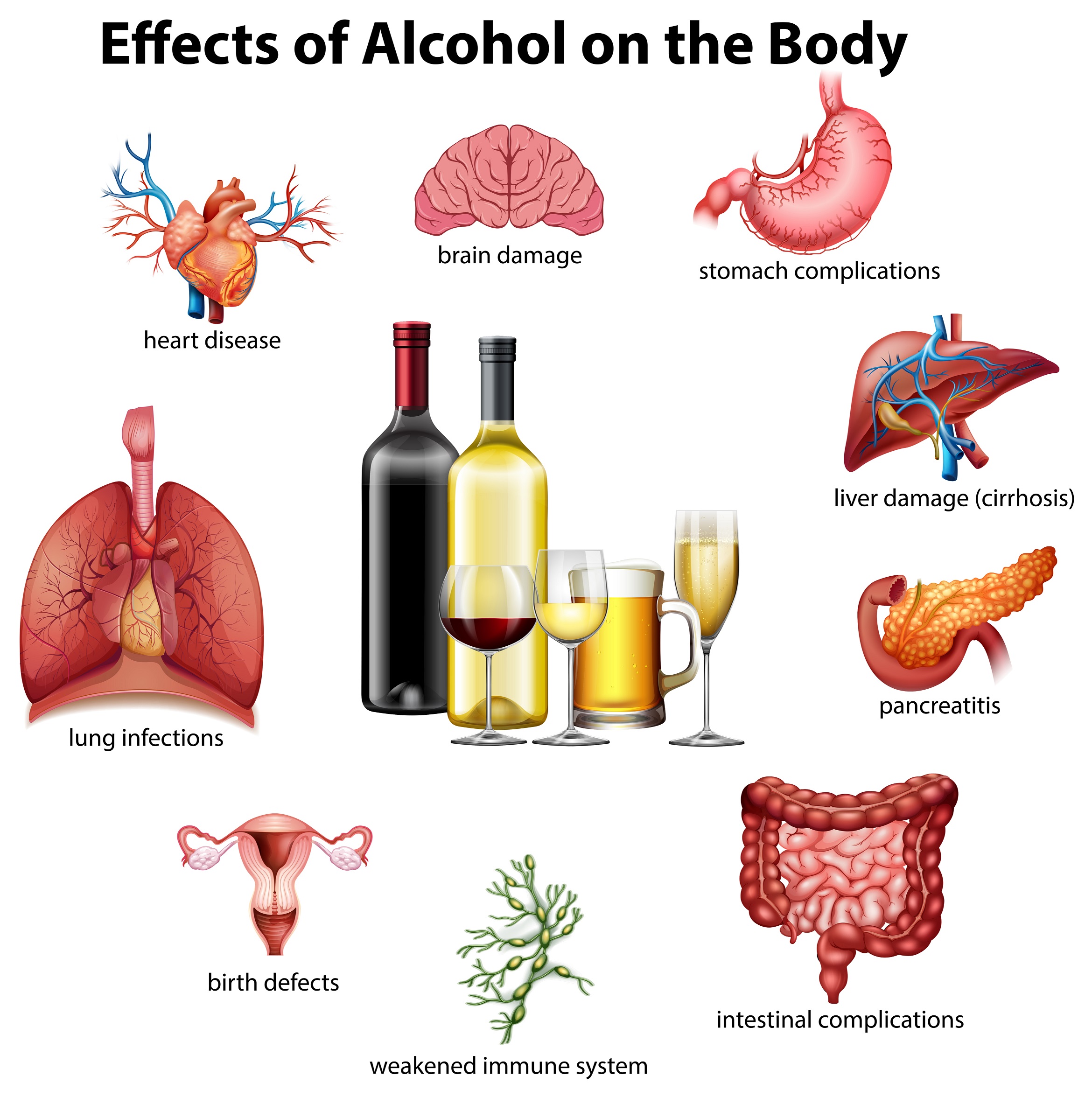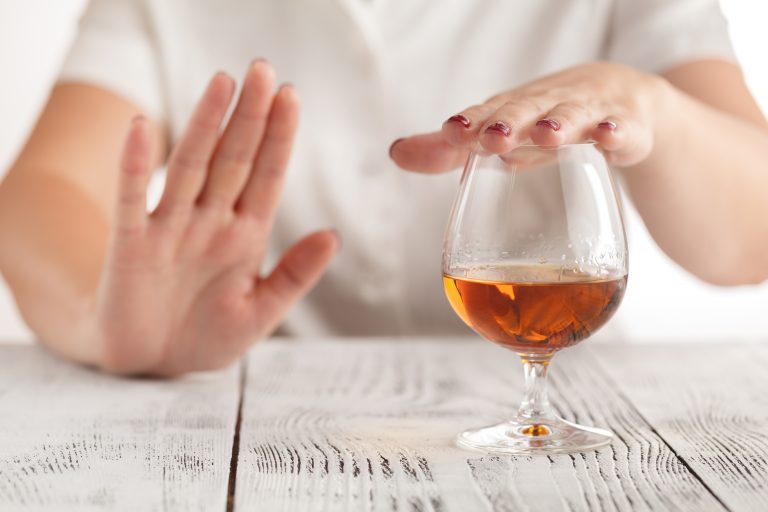Happy New Year! Have you made any new year’s resolutions? It is that time of year when many people take stock of their lives and maybe take on new challenges for the upcoming 12 months. After a period of over indulgence in many aspects of our lives, we tend to think about a new year giving us the opportunity to change or do something usually healthier. I say healthy because we can eat and drink too much over Christmas period usually due to the parties and extra-large meals that we share with family and friends, and all those chocolates given as presents that we feel need to be eaten. It’s a time of year when we think its ok to eat and drink what we want, but come 1st January some of us have put on a few pounds, drank a little too much alcohol or maybe indulged elsewhere in our lives.
New Year's promises
So do you think ‘New Year New You’...? But what does that mean. January is probably the most popular month to start a diet, start an exercise regime, stop smoking, stop drinking or cutting down on alcohol. Whether we like it or not we are inundated with adverts for all different types of diets, or health improvement programmes at the start of a new year.
Maybe this is because we are most receptive to change at the beginning of a year? ‘Dry January’ involves stopping drinking alcohol for the whole of the month, ‘Veganuary’ means switching your diet to vegan for January. Because we usually have overindulged during December, these initiatives in January are probably not so hard to adopt. We think we will feel better. But do these initiatives help us improve our health and what happens when February arrives and we return to our normal eating and drinking habits? This blog examines the effects of too much alcohol and the benefits of cutting down and even stopping. My next blog in January will be about adopting a vegan diet for January and discusses whether a longer term switch away from an animal based diet might improve your health
How much alcohol is too much?
In 2018 the average Brit consumed approx. 26 units of alcohol on Christmas Day, with the nation collectively consuming six billion units of alcohol between Christmas Eve and New Year’s Day, according to a study discussed by Lauren Eads (The Drinks Business, 2018). According to Drinkaware almost two thirds of drinkers in the UK claim they drank too much over the festive period, with many stating that they over-drink because of the number of parties they are invited to, especially at New Year’s Eve, and feel pressured to drink whilst there (Drinkaware, 2019).

The health effects of consuming too much alcohol present in different forms. According to the UK Chief Medical Officer (CMO), the maximum units of alcohol consumed by adult males and females should not exceed 14 units per week, spread over the week. A unit of alcohol can vary according the strength of the drink. For example, one unit of a standard 13% ABV (alcohol by volume) wine is 76 ml. Usually the very smallest glass of wine that is served in a bar or restaurant is 125ml, so already this is more than one unit. One unit of a standard 4% ABV beer is 250ml – just under half a pint. So a full pint is more than two units of alcohol.
How too much alcohol consumption effects the body
The obvious effect of too much alcohol is immediate in that a person feels ‘drunk’ and maybe becomes incapable of being in control of their own behaviour. Feeling of sickness or being sick. The following day the feeling of being ‘hungover’ in terms of suffering from headache and dehydration.






